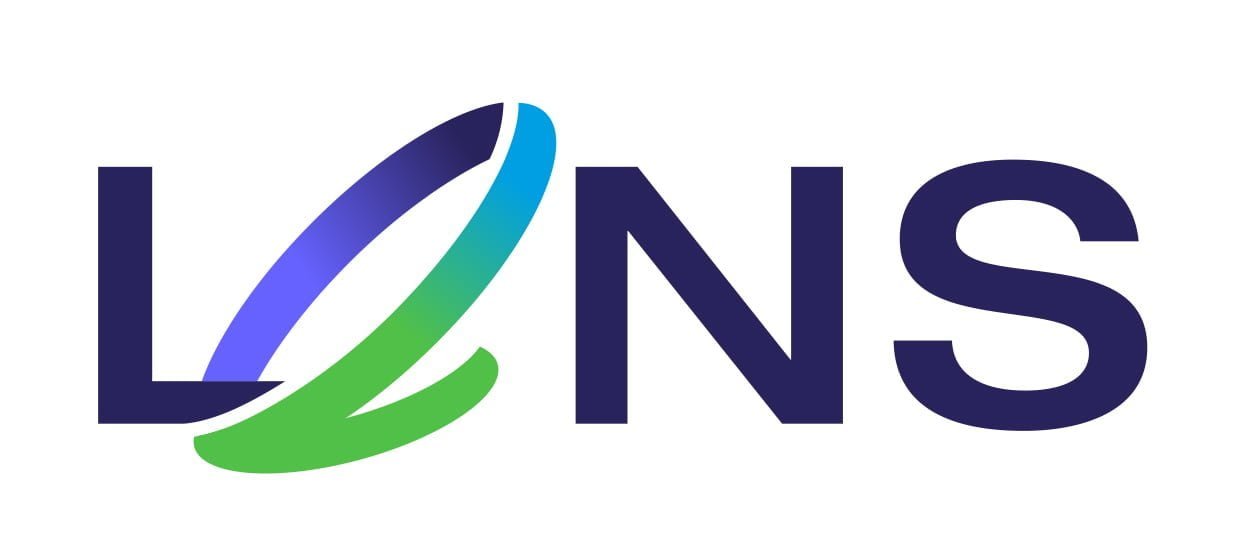Light vehicles – heavy impacts? Joint POLIS WG meeting with ACEM & LENS
POLIS Network invites you to our joint working group meeting on light vehicles, which is organised in cooperation with ACEM and the EU-funded LENS project. The two-day event will take place from 17-18 September 2024 at the premises of IFPEN in Paris, France.
L-vehicles are often an inexpensive and efficient way to get around cities, but they also cause significant noise- and air pollution. Nevertheless, this particular mode of transport is often forgotten by policymakers and city administrations. Since L-vehicles are often inexpensive, but also a polluting mode of transport, which is often forgotten by policymakers of European cities, POLIS, ACEM and IFPEN will bring light vehicles to the centre of attention with a dedicated working group meeting about this vehicle category. Participants will have the chance to gain a holistic overview of the day-to-day impacts and externalities of L-vehicles in urban areas while having the opportunity to attend the live noise- and air pollution measurement campaign of LENS. Domestic participants from France are eligible for a 300€ reimbursement of travel costs (hotel night & mobility costs) and European participants have the opportunity to claim up to 500€.
Our L-vehicle focus topics
A cross-cutting theme that touches upon different POLIS Working Groups and will be addressed in 2024, is the role of Powered Two-Wheelers (PTW) and Light Electric Vehicles in cities and regions, from electric bikes and scooters, to mopeds and motorcycles, tricycles and quadricyles, up to microcars. In partnership with ACEM, the European Association of Motorcycle Manufacturers, representing the largest manufacturers of mopeds, motorcycles, tricycles and quadricycles with operations in Europe, which would bring their members to the table, a dedicated Working Group meeting will address the following topics.
- Frugal electric vehicles – the missing link in zero-emission urban mobility?: The electrification of PTW and the emergence of LEV could be a game-changer when it comes to the role they can play in the urban mobility ecosystem, as we want cleaner and smaller vehicles in our cities. They serve both passenger journeys in conjunction with public transport, or business activities such as gig economy platforms and last-mile deliveries. But these vehicles have different operational aspects than conventional cars - what are their charging infrastructure needs?
- Parking management and Road space (re)Allocation: Dedicated frameworks for parking and charging, as well as regulations and space (re)allocation for two-wheelers, light-electric vehicles (LEVs) and micro-cars are often lacking or unclear in urban areas. Although these smaller vehicles support the reallocation of space and downsizing trend, they need to be appropriately integrated into mobility ecosystems to benefit both their users and others. What space and use are they given in cities, and how are they perceived by the public? How do they fit into and benefit from Urban Vehicle Access Regulations (UVAR)? How can we reconcile parking management of two-wheelers and LEVs with UVARs in dense urban contexts with limited curb space? How do we ensure their road space allocation does not conflict with the space usage, needs and practices of other modes (active modes, public transport, passenger cars, etc.)?
- Urban freight: The L6 and L7 categories of light vehicles or heavy quadricycles are now becoming more important because of the versatility of solutions they can provide for cities, providing state-of-the-art technology, but at the same time dispensing components not necessary for their uses case. Many of these vehicles can be used for / are targeting urban goods deliveries e.g. quadricycles L7 category. How the next generation of modular vehicle architectures for urban commercial e-vehicles will look like? How cities and local authorities can benefit towards more efficient and cleaner urban deliveries?
- Safety and security: Safety concerns related to PTW and any future LEV; there is a concern from the side of the industry, that these vehicles are less and less considered to be part of the Vulnerable Road Users category, and surveys show the attention to the safety of Powered Two-Wheeler users from cities is declining
- Governance: Over the past few years, shared bikes and e-scooters have captured most of the attention (and concerns) of policymakers and professional practitioners when it comes to shared micro-mobility. And yet, shared motorcycles have much to offer, and their offer is, indeed, growing. What are the key aspects that local governments should know about this? How does it operate? How does it differ from sharing bikes and e-scooters? What are its main operational needs? What kind of trips is it being used for? What other kinds of trips could it be used for? How can we connect it to mass transit?
The LENS project
LENS is a three-year Horizon Europe project assisting enforcement authorities, cities, and regulators to decrease the contribution of L-category vehicles (LVs); mopeds, motorcycles, tricycles and quadri-mobiles) to noise and air pollution. It develops and promotes interventions and best practices to address light vehicles’ noise and pollutant emissions. It also makes suggestions for regulations to improve the performance of future vehicles, including the control of emissions under real-life driving conditions and the regulatory enforcement of anti-tampering measures. The project envisages real-world road measurement tests in three cities, of which the first tests in Leuven (BE) were a success with more than 160 vehicles tested. The second live tests are undertaken in Paris in the week of the event.
Preliminary Agenda*
*Subject to change and future updates
Day 1 – 17 September 2024
- 08:30 – 09:00 Welcome Coffee & Registration
- 09:00 – 09:15 Welcome by IFPEN
- 09:15 – 09:30 Setting the scene: insights from ACEM and POLIS
- 09:30 – 10:45 Frugal electric vehicles – the missing link in ZE urban mobility?
- 10:45 – 12:00 Parking management and Road space (re)Allocation
- 12:00 – 12:15 Coffee break
- 12:15 – 13:30 Governance & Integration
- 13:30 – 14:30 Lunch
- 14:30 – 15:45 Urban Freight
- 15:45 – 17:00 Safety & Security
- 17:00 – 17:15 Break
- 17:15 – 17:45 Paris measures to curb (L-vehicle) pollution, Bruitparif
- 17:45 – 18:00 Introduction to the LENS project: setting the scene for day 2
- 19:00 – 21:00 Dinner at Sapristi
Day 2 – 18 September 2024
- 8:30-9:00: Welcome Coffee & Registration
- 9:00-9:30: In the spotlight: IFPEN R&I activities
- 9:30-10:15: LENS Overview by project coordinator EMISIA
- Project aim
- Overview of the lab measurements & real-driving measurement (PEMS SEMS)
- Highlights from Leuven Measurement campaign
- 10:15-10:45 LENS Paris roadside measurement campaign (IVL)
- 10:45-11:00 Outlook on LENS Barcelona event & communication channels by POLIS
- 11:00-12:00 Coffee break and walk to site visit location
- 12:00-12:30 On-site visit of the roadside inspections
- 12:30-13:00 Return to IFPEN
*Please be aware that the planned agenda and site visits are subject to minor change, due to the availability of speakers, changes in the LENS testing regime and acute weather constella




